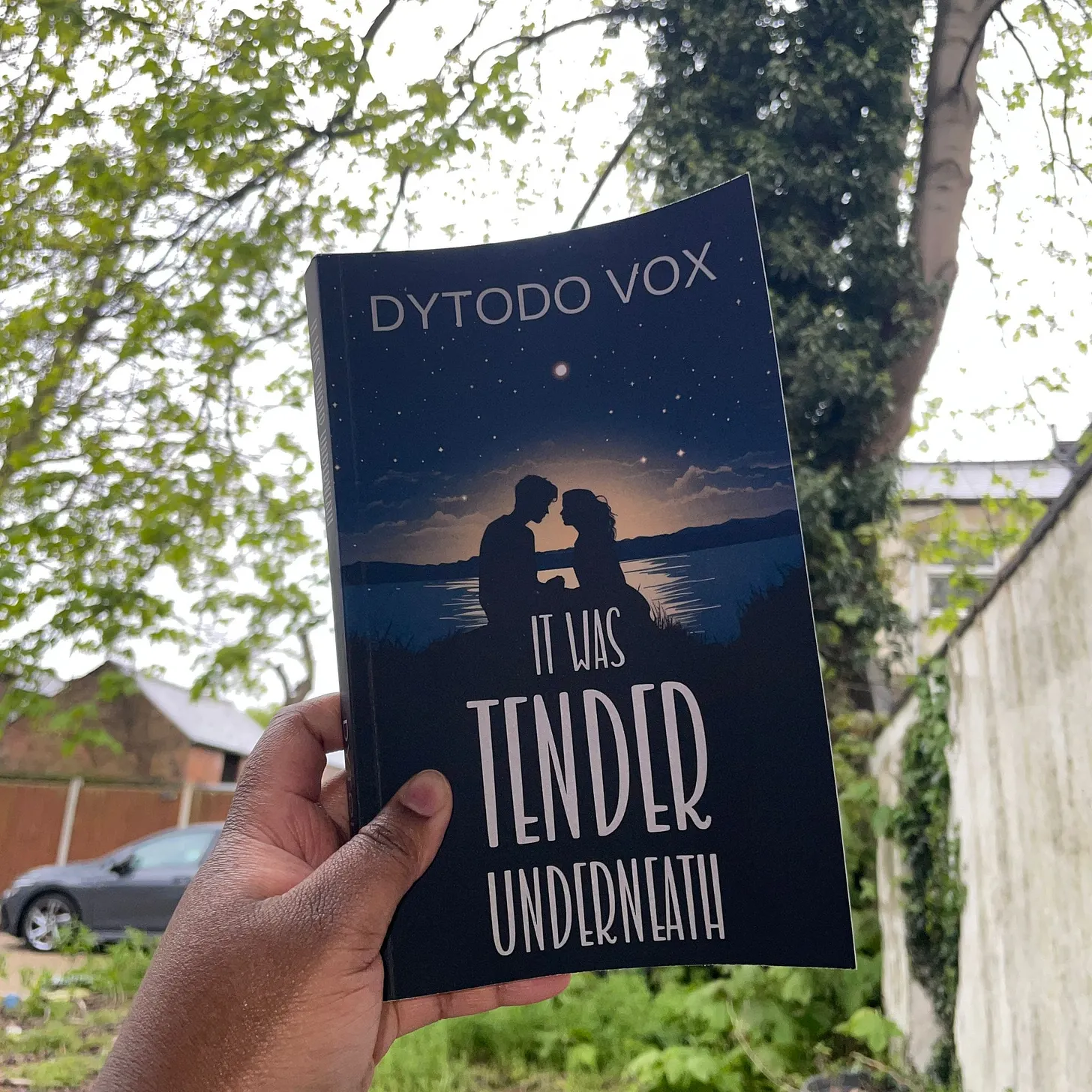Word Count: How Long Is A Story, Anyways?

A kind of comprehensive guide on how long to make your story.

How long is a piece of string?
When it comes to stories, everyone and their grandma seems to have their own idea about how long a particular type of tale should be. Of the many “depends who you ask” topics of the writing world, word count is in a special category of unsolvable problems. Some people say a novel must reach 40,000 words. Others say a novel only counts after the 50,000 word mark. Some people say a short story shouldn’t exceed 5000 words. Their enemies say you can go up to 7,500. Double agents say any work that doesn’t exceed 10,000 words can be called a short story. It’s no wonder the subject of word count can be so confusing for writers.
Just so we’re on the same page, word count literally just means the number of words in a text. Word count is what the literary world uses to categorize works into short stories, novellas, novelettes, novels, etc.
In this post, I’m going to breakdown a few things:
The most important thing when it comes to word count
General standards when it comes to word count
Word count according to genre expectations
Before that, I feel the need to cover why any writer should be concerned with word count in the first place!
Why The Word Count of a Story Matters For Writers
Alongside the need for humans to neatly categorize things, word count is important due to three main reasons: audience expectations, publisher constraints and marketability. Let’s look at each aspect more closely.
Audience Expectations
Readers often have certain expectations regarding the length of a story based on its genre. For example, readers of epic fantasy typically expect longer novels with intricate world-building and numerous subplots, while readers of short stories may prefer concise narratives that can be consumed in one sitting. Meeting these expectations can enhance reader satisfaction and engagement with your work.
Publisher Constraints
Many publishers have specific guidelines for word count based on the type of publication they produce. For instance, literary magazines often have strict limitations on word count for short stories to accommodate multiple pieces within a single issue. Similarly, traditional publishers may have preferred word count ranges for different genres to optimise printing and marketing costs.
Marketability
Word count can also influence the marketability of your work. In some cases, longer novels may be perceived as offering greater value for money, particularly in genres like epic fantasy or historical fiction where readers expect immersive, expansive narratives. On the other hand, shorter works can be appealing for readers seeking quick reads or publishers looking to release anthologies or collections.
Now that we understand why word count matters, let’s delve into some general standards and genre-specific expectations.
The Most Important Thing When It Comes To Word Count
If you take nothing else, at least take from this that the most essential thing when it comes to word count is publisher guidelines. Just give them what they’re asking for and follow their submission rules. Self published authors have more leeway since they are under no obligation to follow any one’s rules but their own. That said, self publishers should still make note of what audiences expect of their work. In summary, the word count of a story should be determined by the requirements of a publisher or what the audience expects of a work.
General Standards for Word Count
While word count guidelines can vary widely depending on factors like genre, audience, and publishing platform, there are some general standards that writers may find helpful:
Flash Fiction typically consists of stories under 1,000 words, often focusing on a single scene or idea.
Short Stories range from 1,000 to 7,500 words, although some markets may accept longer works up to 10,000 words. Short stories aim to deliver a complete narrative arc within a concise format.
Novelettes generally fall between 7,500 and 20,000 words, offering more room for character development and plot complexity than short stories but shorter than novellas.
Novellas span from 20,000 to 40,000 words, providing space for more elaborate storytelling while still maintaining a relatively compact length.
Novels typically exceed 40,000 words, with most falling within the range of 80,000 to 100,000 words for mainstream fiction. However, genres like epic fantasy or historical fiction may extend well beyond these limits.
Word Count According to Genre Expectations
Different genres often have their own word count expectations based on reader preferences and storytelling conventions:
Fantasy and Science Fiction:
Readers of these genres often expect longer works, with novels commonly exceeding 100,000 words. Epic fantasy, in particular, may span multiple volumes, each with substantial word counts.
Mystery and Thriller:
Novels in these genres tend to fall within the 70,000 to 90,000-word range, although shorter works can still be effective if they maintain suspense and pacing.
Romance:
Word counts for romance novels vary widely depending on subgenre and target audience, but many fall between 50,000 and 90,000 words.
Erotic Fiction:
This genre is the wild west of word counts. I have personally written works around the 4000 word mark and called them shorts but I’ve seen others do the same with a way lighter word count. Basically, with erotic fiction you can pretty much call your work whatever you want to call it as long as it surpassed the flash fiction mark of 1000 words or less.
Literary Fiction:
Literary novels may have more flexibility in word count, but they often range from 60,000 to 100,000 words, allowing for in-depth exploration of themes and characters.
Young Adult and Middle Grade:
Word counts for these categories can vary depending on the age range and complexity of the story, but they generally fall between 40,000 and 80,000 words.
As you can see, word count may seem arbitrary but it plays a crucial role in shaping reader expectations, meeting publisher requirements, and enhancing the marketability of your work. By understanding general standards and genre-specific expectations, writers can better navigate the complex landscape of word count and create stories that resonate with their intended audience. So, the next time you sit down to write, consider not just what you want to say, but how long it will take to say it effectively.





